Why Values Matter Now More Than Ever
Comfort can be found in the values we espouse.
When we talk about living in a VUCA (Volatile, Unpredictable, Complex and Ambiguous) world, this pandemic is an unfortunate example of this concept. Until we are faced with events that throw us for a double loop, it is easy to think of VUCA as a concept that only applies in theory.
Instead, we find ourselves in a rapidly evolving situation which requires us to act and adapt quickly. It is only normal to be experiencing emotions that are both scary and intense. It is easy to get swept up in the negative emotions that are prevailing at this time. It is also all too easy to give into our individualistic and opportunistic impulses; just think of the ads we are seeing on Amazon for items like hand sanitizer and toilet paper listed for up to 50x their retail value.
So what does all of this mean to us as humans, as leaders and as people who work in organizations? This is a time of many possibilities and moments of reflection. Amongst the many stories that sometimes have shocked me (and not in a positive manner), I have also been very pleasantly surprised to hear things such as,
"in the interest of doing what is right and upholding our core values I regretfully announce a 60 day pause of our Princess global ship operations"
Jan Swartz, President of Princess Cruises.
Although the cruise industry has for the most part announced a 30-day halt, Princess Cruises has decided on a 60-day pause, as it appears that they have seen that their crew and staff are extremely tired. As referenced in Swartz’s , one ship's Captain referred to his crew as gladiators and, as Swartz notes, even gladiators need some rest.
We are also seeing companies such as Apple, Patagonia, Urban Outfitters and others shutting down stores and in some cases even their websites in order to put their people and customers' health before profit. Although these decisions cannot be easy ones to make, they are most likely founded on some strongly defined and concretely lived values.
In 1981, Steve Jobs outlined the core values that define Apple, one of these being, 'We are here to make a positive difference in society, as well as make a profit.' Although there may be some slight shift in the values, their true essence seems to remain under Tim Cook, CEO.
Why is it so critical for an organization to be able to not only state their core values but actually live them on a day-to-day basis? Values are not strictly pretty words to be displayed on a wall or website; they are the principles that shape and inform our culture, which then becomes our guide when decisions need to be made. Our values allow us to decide which behaviours are ok and which are not, and signals to everyone within the organization what we most believe to be true. For example, if we look more carefully at the value of 'We are here to make a positive difference in society, as well as make a profit,' it would make for an easy decision to close stores in light of the Covid-19 pandemic, as this would be doing something positive for society (in terms of protecting the health of clients and employees) regardless of profit.
Organizations who do not have clearly defined and lived values will find it much more challenging to make large and emotionally charged decisions as the guideposts are not there. Trying to make decisions in times of stress is already a challenge. When you do not have a clear roadmap and anchors, this can cause even more stress and disagreement within a leadership team, as alignment to principles and codes of conduct may be lacking.
When people ask us why they need values, we ask them to reflect on a recent difficult decision that they had to make or scenario that they were in and to explain how they went about solving it. We recently had a client recount a story of what seemed to be a cycle of 'wrong hires' and how this was costing them both emotionally and financially. When we asked more questions to try and unpack the situation, it became clear to them that they had been hiring based on skills and competencies and yet were not checking for fit at the level of values. Often, we hear clients speak about finding people who are cultural fits. What does this mean? How do you know if someone fits your culture if you are not even clear on who you are and the values that you espouse?
Although most of us may intuitively know what we personally value, it is critical to have clear and honest conversations as teams and within organizations so as to align on what we collectively value.
The moral of the story is that, as we move through this global pandemic, we must operate from our values and not from our fear. My wish for all of you is that you are clear on what those values are and that we trust that all of our colleagues espouse and live our shared values.
Knowing that we align on what we value and how to behave brings a huge sense of comfort in times that are stressful and filled with anxiety. When we operate from a place of trust and clear agreements, it will make the transition back to 'normal' a much easier one.
What if you are not clear on your team and/or organizational values? What happens if you are starting to see 'stress fractures' within your team? Is it too late if we don't already have clear values enunciated? I do not think it is too late. I believe that it is never too late to bring people together and host a values conversation. It can start by asking people to think about their own personal values and how they show up in our lives. Just in the exercise of sharing our personal values a sense of connection and unity within a team is created.
Even though you may not go through a full exercise of developing and elaborating on your organizational values at this time, you can certainly sow some seeds by hosting conversations about personal values and how each person is using them at this moment in time. This will minimally create a stronger connection amongst your team members and further weave the fabric of trust.
In the meanwhile, we encourage you to connect through whatever means possible to ensure that we do not lose human contact even if we are practising social distancing. Stay safe and breathe!
About the Author:
Caroline is passionate about equipping leaders with the skills they need to foster a human, change-enabled culture within their organization. She is driven by a vision where all workplaces encourage people to thrive and become their best selves.
As a facilitator and agent of change, Caroline designs, develops and implements change strategies that are successful the first time around. Caroline believes that successful change in organizations is largely based on the ability to understand the human and organizational dynamics that encompass the organization. Being able to adapt and thrive in times of change is no longer an option but a key need in today's world. Organizational Success is built on agility and the ability to stay ahead of the crowd. In order to be nimble organizations must embrace change and do so in proactive ways.
Caroline holds a BA in Psychology and a Master's in Human Systems Intervention. She has been working in the field of community and organizational development since 1991. Her work has included large-scale change interventions, group facilitation, change management, strategic planning, group development, team building and evaluation process development. Caroline has worked in the Public, Para-public, Private and Community-based sectors. In 2002, Caroline started teaching part-time at Concordia University in the Faculty of Applied Human Sciences. Caroline has trained with Merrelyn Emery (Search Conferences), Edie Seashore (Use of self as an agent of change and Communication and Feedback), Gervase Busch (Appreciative Inquiry), Diana Whitney (Appreciative Inquiry), Kathy Dannemiller (Whole-Scale change), among others.







